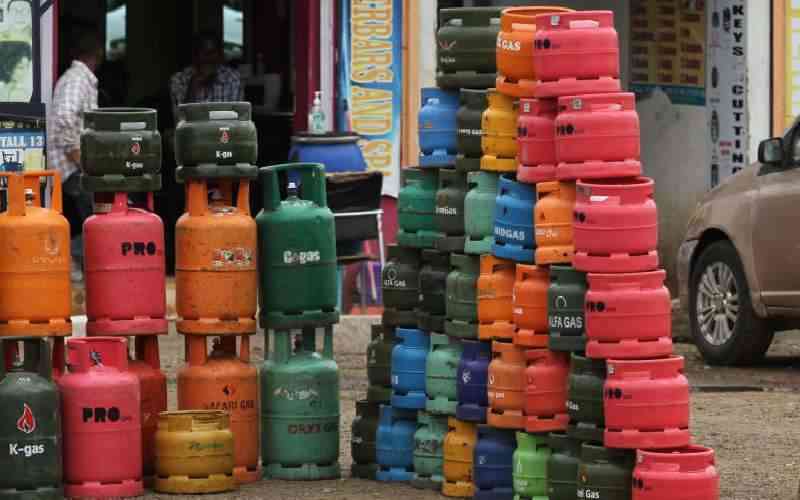×
The Standard e-Paper
Stay Informed, Even Offline

As of October 2023, 24 per cent of Kenyans were recorded to be using Liquefied Petroleum Gas (LPG) cylinders.
The number is increasing as more and more Kenyans prefer gas to other forms of fuel.